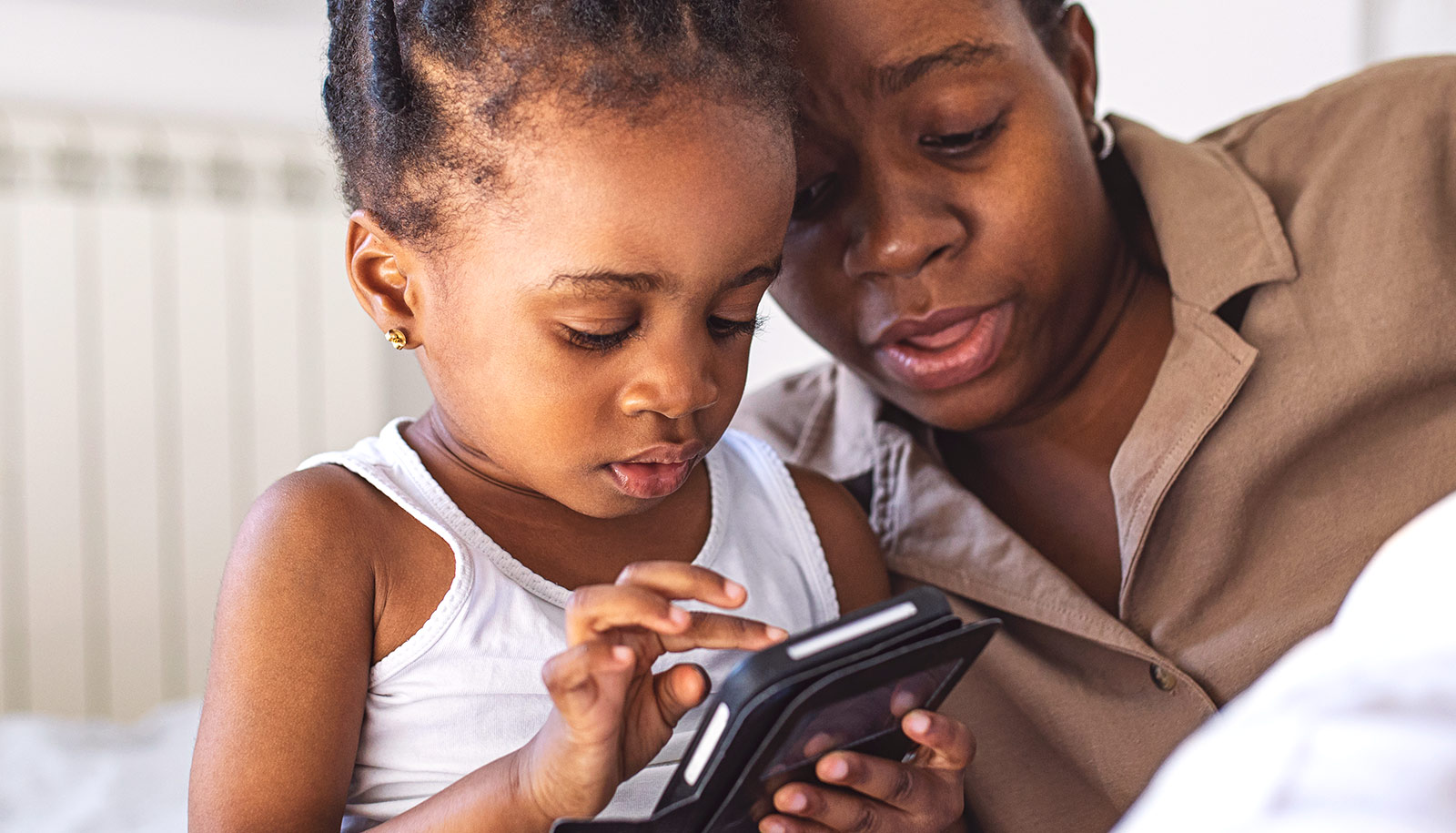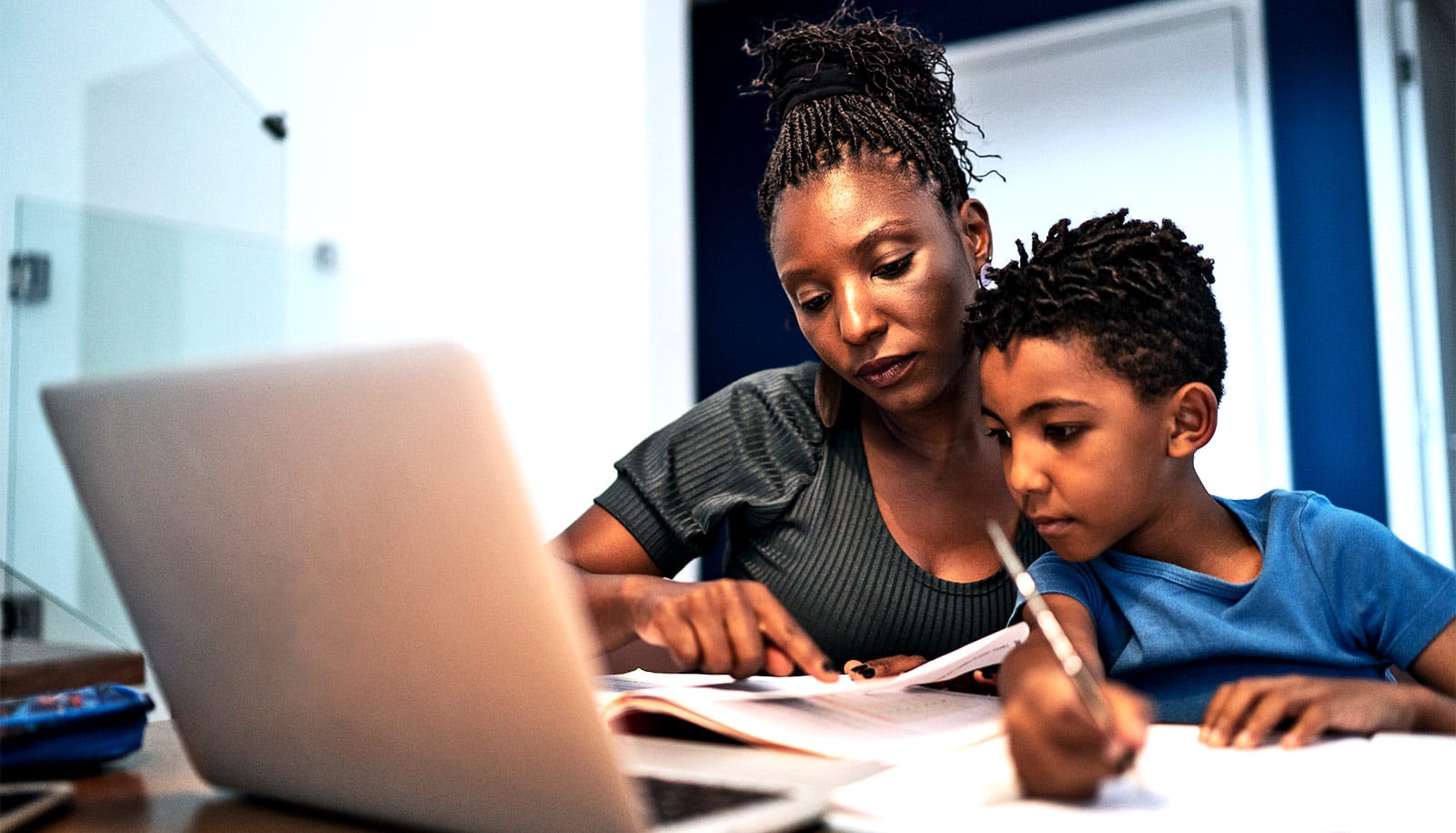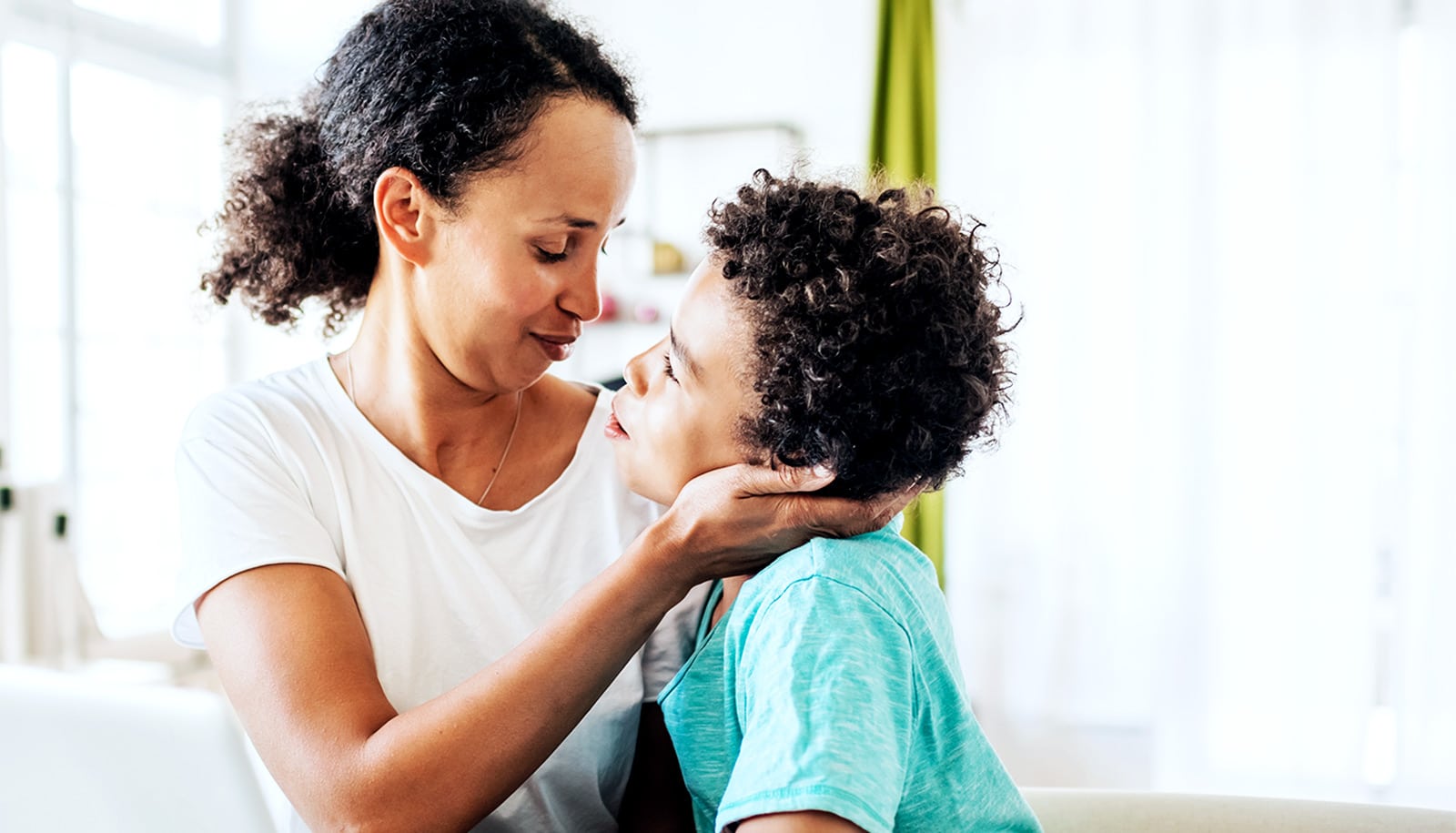A new app shows potential for advancing the communication skills of children with developmental disorders in low- and middle-income countries.
The app, designed for caregivers in South Africa, provides structured activities that encourage caregiver-child communication and can be implemented into daily routines.
“It has the potential to make a difference in how families interact with their children with significant communication disabilities,” says lead author MaryAnn Romski, professor in the communications department and psychology department at Georgia State University.
Romski and coauthor Rose Sevcik, professor in Georgia State’s psychology department have collaborated with researchers in South Africa since 2002. They saw firsthand the differences between the United States and South Africa in the degree of communication support offered to children with developmental disorders.
“The children receive intervention once a month for 30 minutes,” Romski says. “In the US, it would be two to three times a week for an hour.”
The contrast is due to a limited number of speech-language pathologists in South Africa. Furthermore, many families lack the means to bring children to the hospitals where support is provided. To combat this issue, the researchers and their colleagues set out to create a more accessible alternative.
“The purpose was to develop an app to be used by rural families,” says Romski. “We took the intervention protocol we’d developed in the US and modified the material for an app.”
The researchers, including Juan Bornman, professor at the University of Pretoria, conducted focus groups in which they asked families and speech-language clinicians in South Africa for their input in developing the software.
They created the web-based, self-guided app with instructions in both English and Setswana, one of several official languages of South Africa, that provided caregivers with structured activities they used at home with their children.
The app consists of 48 sessions in three topic areas: creating communication opportunities, modeling communication, and responding to the child’s communication. In their own homes over the course of 12 weeks, caregivers and children completed the guided activities together.
The app was given the Setswana name “Nna le wena,” meaning “me and you.”
Researchers recruited families whose children received speech-language therapy at local hospitals. While half of these families continued with therapy only, researchers asked the other half to use the app, installed on a tablet the researchers provided, in addition to therapy.
According to the study in the Journal of Policy and Practice in Intellectual Disabilities, there was a modest difference between groups in their objective measures of progress, which the authors note could be a result of sample size and the standardized assessment measures.
However, the feedback from caregivers was encouraging. More than half of those who completed at least 44 of the 48 sessions reported that their children showed progress in their communication skills, such as using words instead of crying.
“While it seems minor, they’re actually big leaps in what a child can do,” says Romski. “The children become more intentional in how they’re communicating.”
While caregivers had previously relied on a professional to help their child only once a month, “Nna le wena” offered caregivers in South Africa a blueprint for supporting their child’s development at home.
“This framework may also have usefulness in other countries around the globe, including the US, to support and empower caregivers as the drivers of early communication interventions,” the authors write.
Source: Georgia State University



